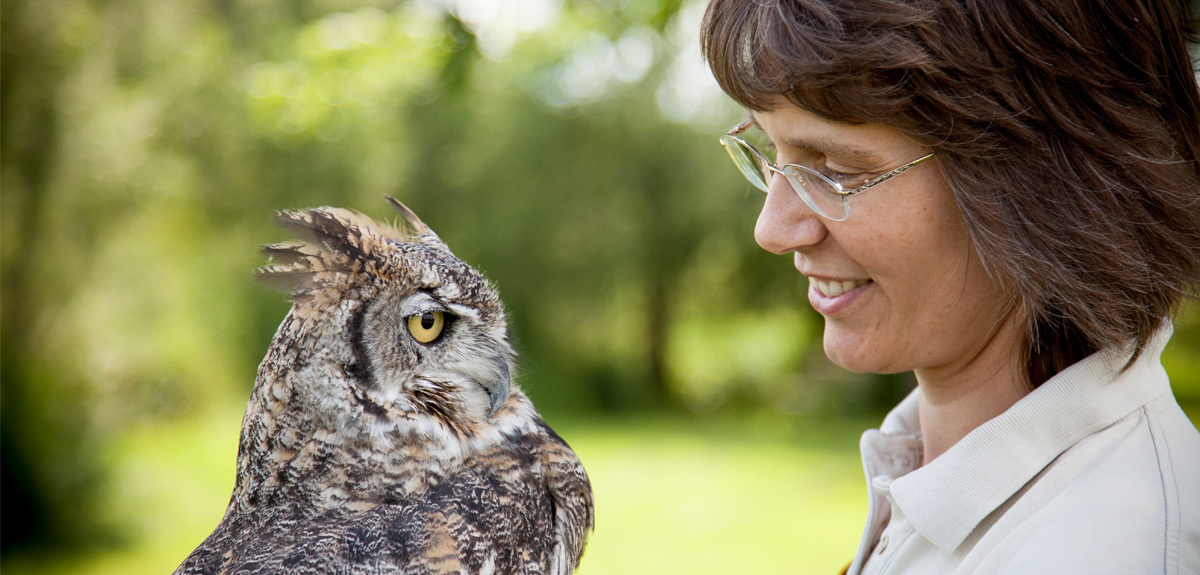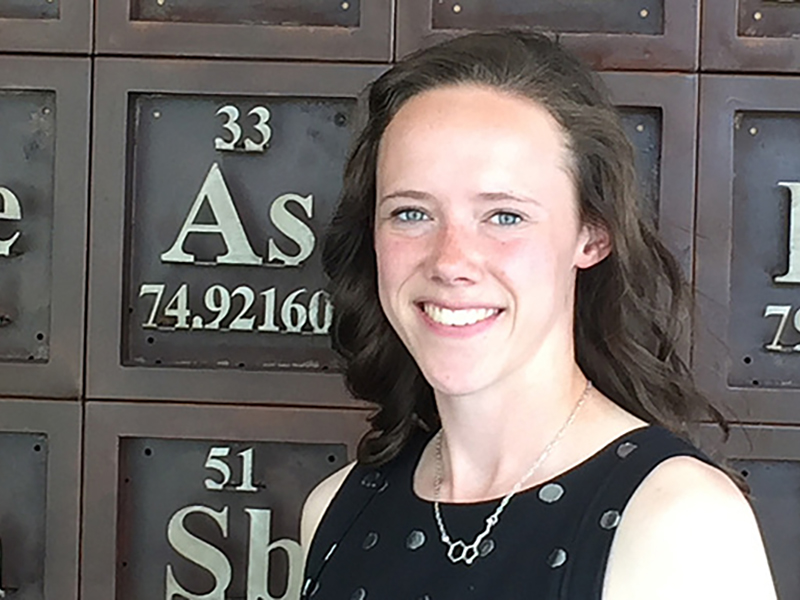Unique Luther Experiences Lead to Successful Career

Karla Bloem ’94 first developed an interest in birds when she was in 4-H and featured several species in a photography project. “I also grew up on a farm so I was used to being around animals and wildlife,” she says. “When I went to Luther, I knew I wanted to be a biology major and work in the natural resources field.”
Karla felt fortunate to get a work study job and an internship that provided her the experience she needed for her current role. “I worked as an assistant museum curator where I learned how to prepare bird skins and keep museum records,” she says. “I also had an internship with the nature conservancy doing prairie restoration.”
Karla feels that her Luther education and experiences prepared her well for her career. “Others in my field who went to larger colleges and universities probably got more specialized programming for my type of career path,” she says.
I feel like it was better for me to go to a smaller school where I got more individualized attention by working one-on-one with a professor.
Karla Bloem '94
Building a Nature Center
After graduation, Karla did a lot of seasonal work, which is common for those working in the industry. “I worked as a state park naturalist and at a prairie nursery,” she says. “I even did income taxes, which I did not enjoy, but was a very important skill for my current job.”
After a few years, Karla was living in a city where the community decided to start a nature center that would serve as the trailhead to the Root River Trail. “I was just a few years out of college and was given the opportunity to basically build a nature center from the ground up.”
Developing the nature center was Karla’s primary focus during that time but her main interest was still on birds of prey. “I was given a permanently injured bird named Alice the Great Horned Owl to use in educational programming,” Karla says. “She became the star of the show before the building was even built. And since the center is about tourism, as well as environmental education, we started hosting an owl festival in honor of her hatch day in 2003.”
Center Gains Recognition
Within a few years, people were flying in from all over the country to attend the owl festival, now known as the International Festival of Owls. “We had a couple thousand people coming to the event,” Karla says. “It was then that we realized there also was no owl education center anywhere in North America. So, in 2015, we opened the International Owl Center.”
The center’s goal is to make the world a better place for owls. “People don’t realize that the choices they make in their daily lives can positively or negatively impact owls,” Karla says. “We want to educate people about how they can make the world a better place for them.”
Related Profiles

Luther allowed Em Dreiling ’03 to pursue both theatre and psychology; her desire to give back inspired her to pursue graduate study and become a psychologist.

Cecilia Douma ’16 succeeded in her chemistry major thanks to not only the coursework, but also Luther’s soccer team.